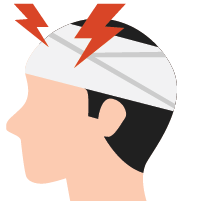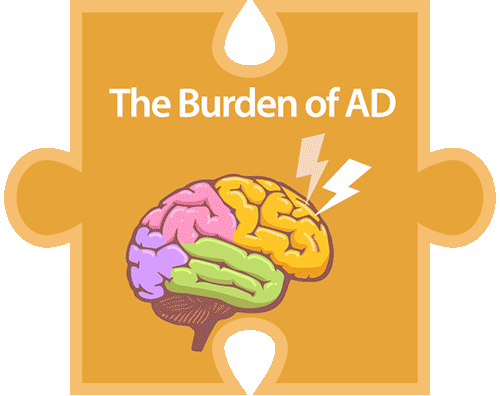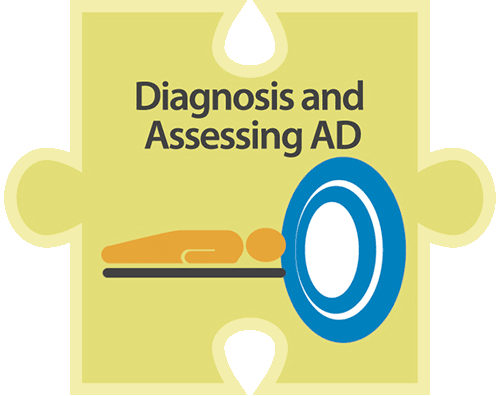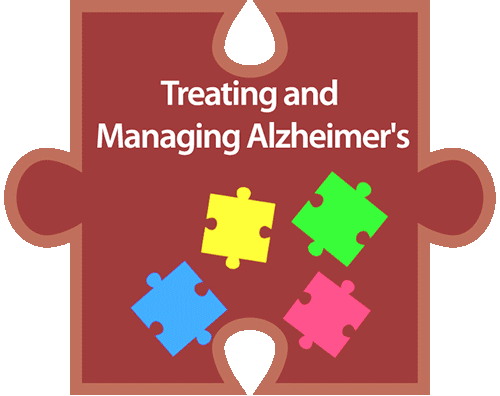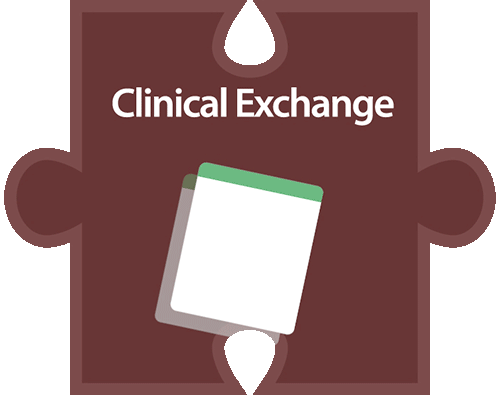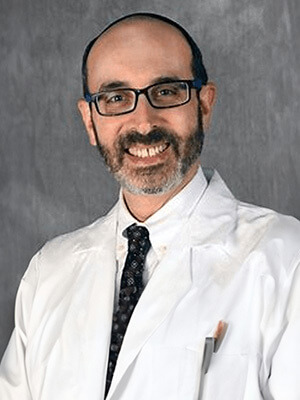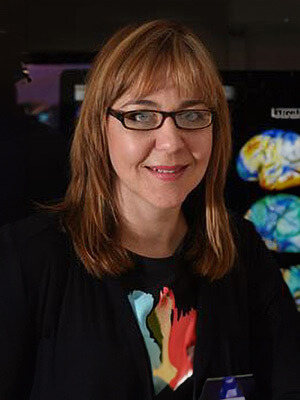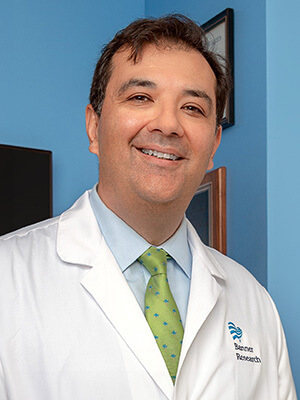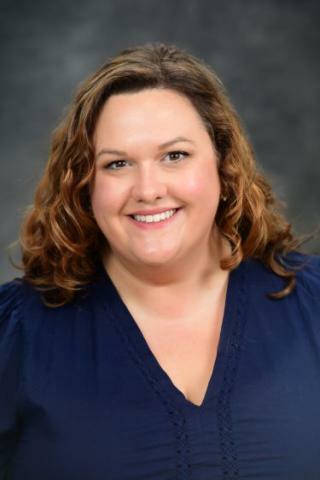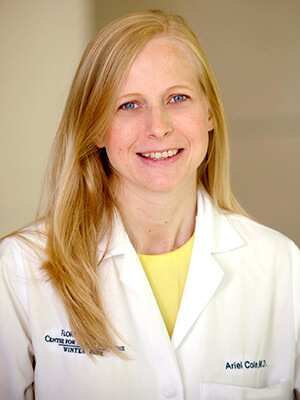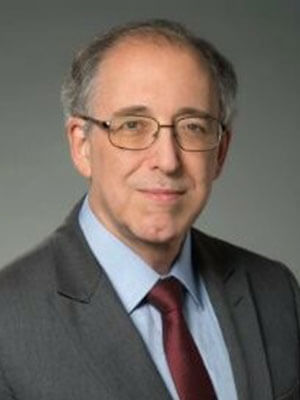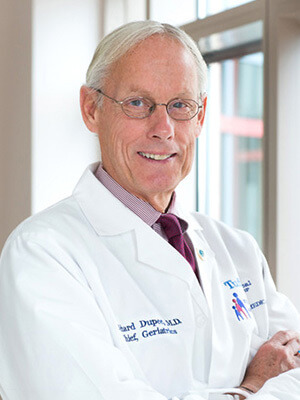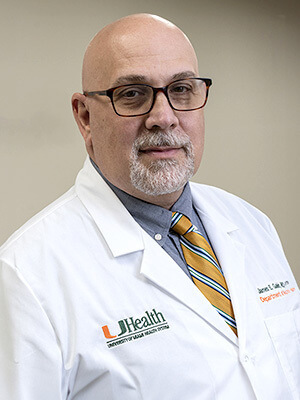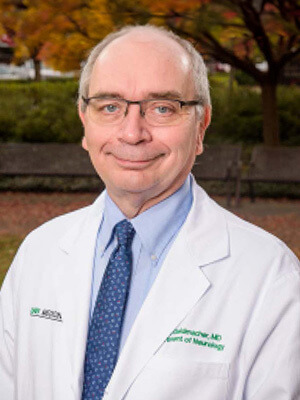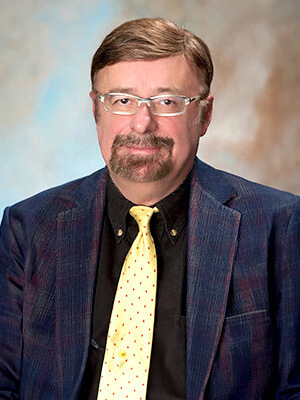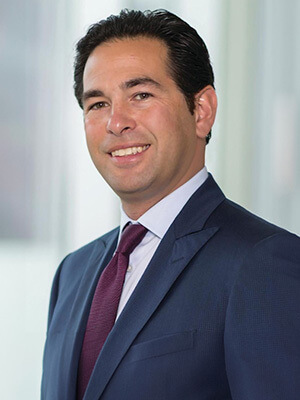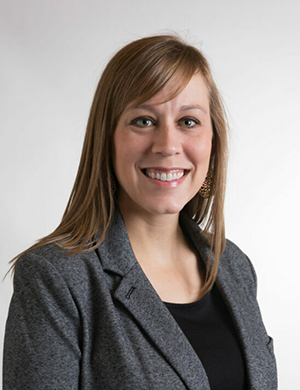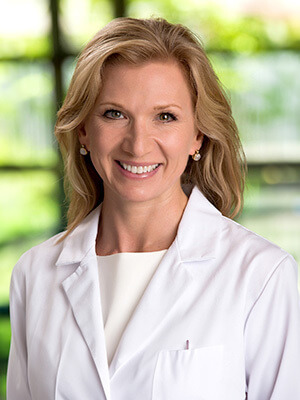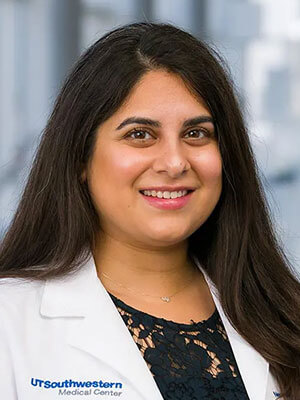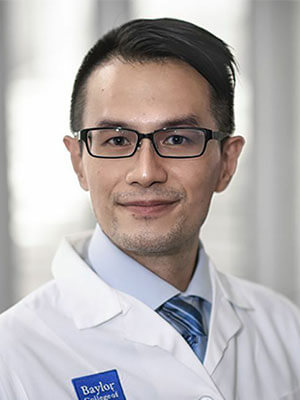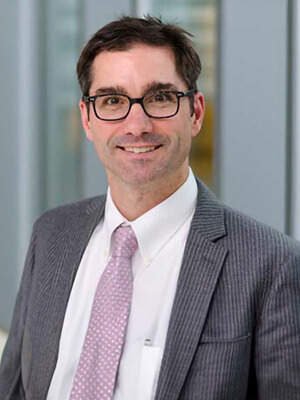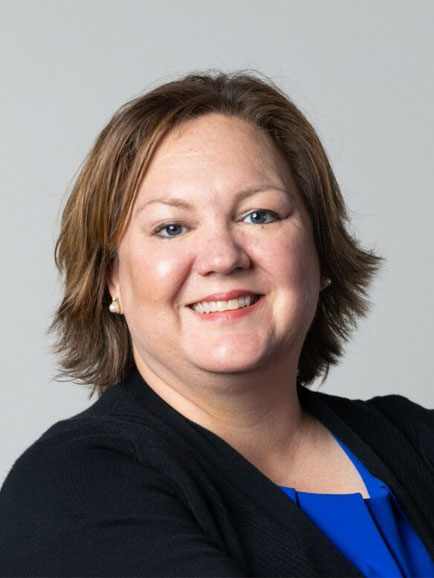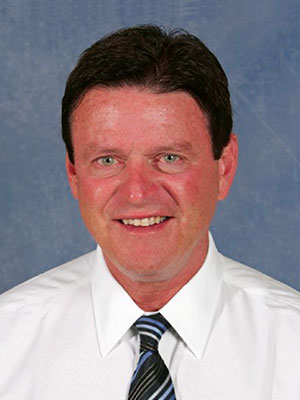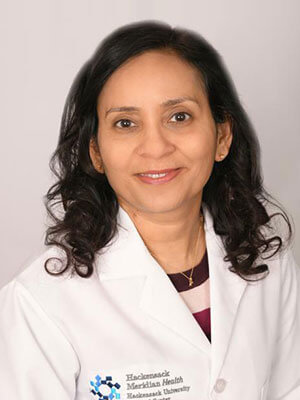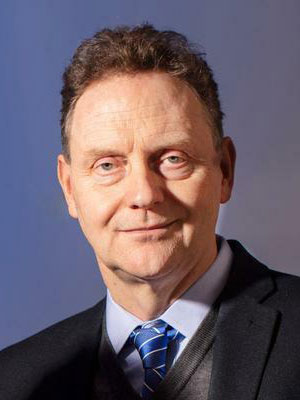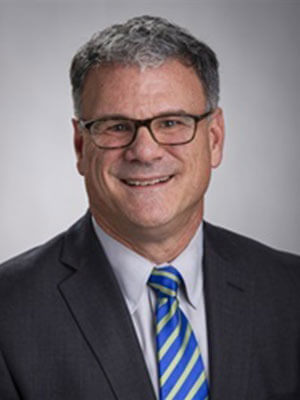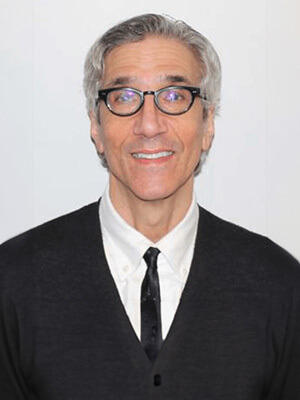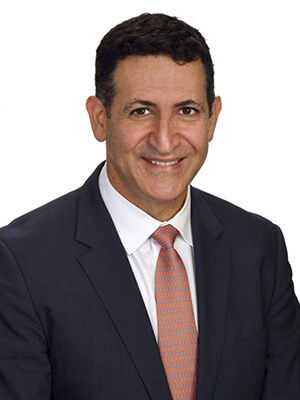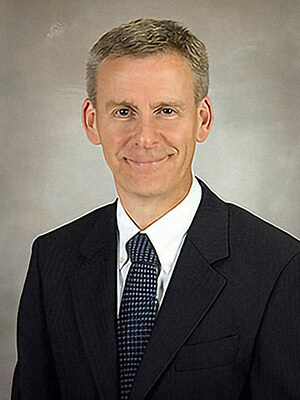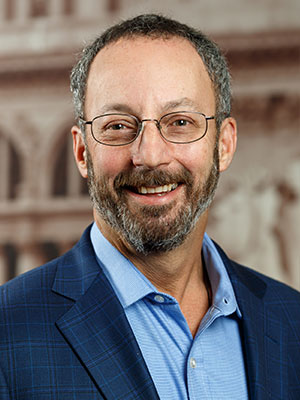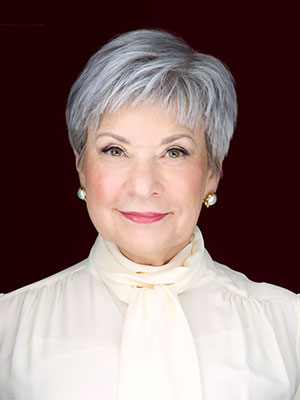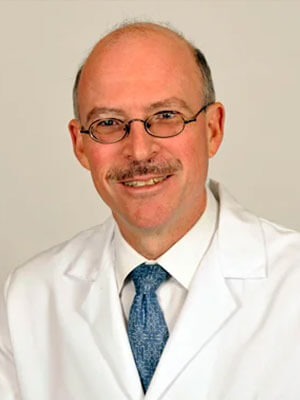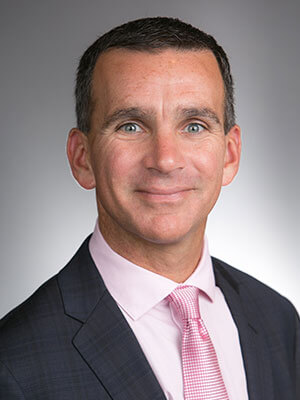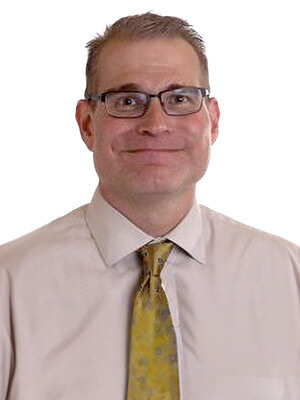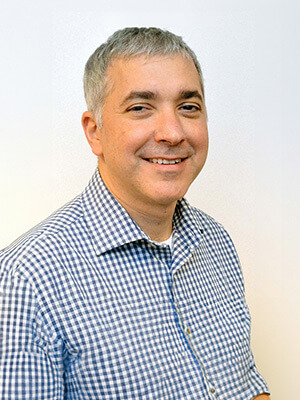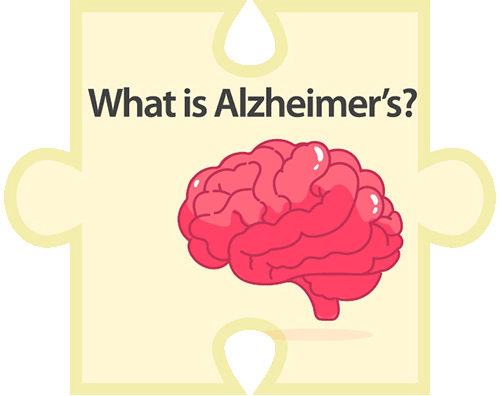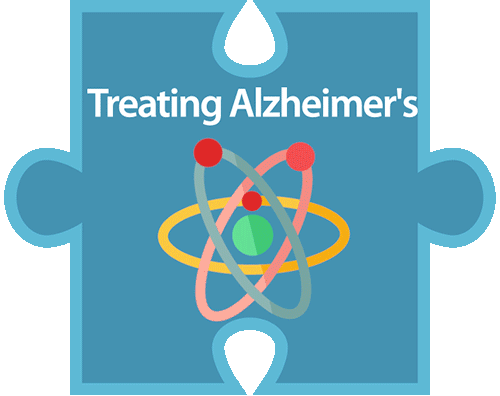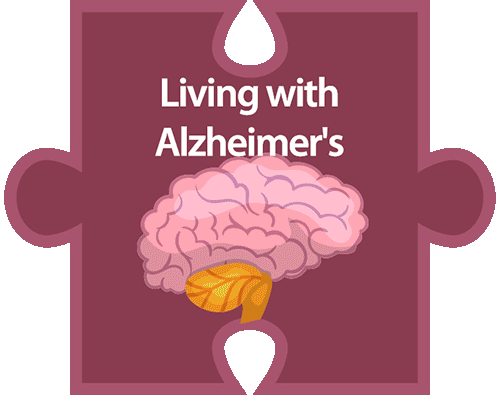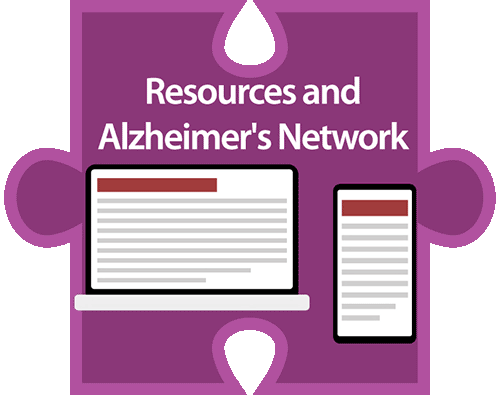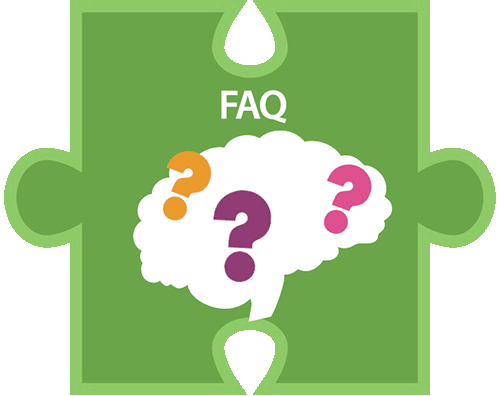The Burden of AD
Alzheimer’s disease (AD) is a progressive, neurogenerative disease affecting about 1 in 9 persons in the US 65 years of age and older.1,2 AD is responsible for at least two-thirds of dementia cases in people aged 65 and older.1 Additionally, AD is a leading cause of death among Americans, surpassing conditions such as diabetes, influenza, and pneumonia.3
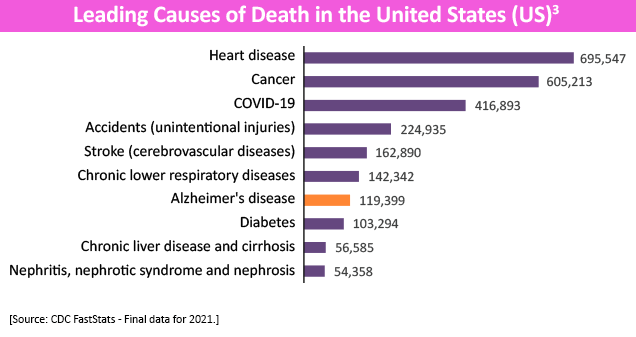
This debilitating condition generally occurs in people over 65 years of age, with a prevelence rate of less than 10% cases before 65 years of age.1 After the age of 65, however, this number increases almost exponentially, doubling every 5 years.1 Researchers are uncertain whether the incidence continues to climb with age or reaches a plateau.4 Some studies suggest that the incidence of AD in women may be slightly higher, especially with age greater than 85 years.1
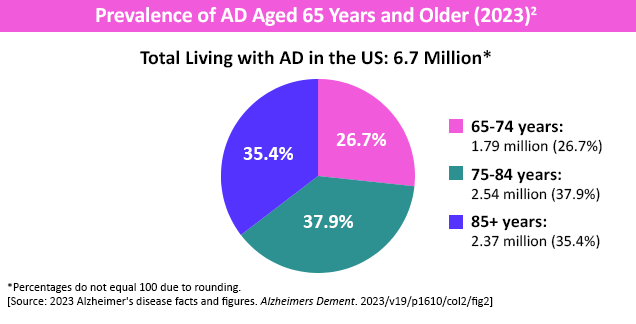
So, what is the cause of Alzheimer’s and dementia? It is believed that AD develops as a consequence due to multiple factors. However, in rare cases (1% or less) the disease is related to the presence of certain genes/genetic mutations which can significantly increase risk. Apolipoprotein E (APOE) isoform e4, associated with sporadic/familial forms of AD that present after age 65, does not always result in the development of AD; however, higher risk is associated with two present alleles (90%) than with one allele (50%). Notably, a mutation in the genes for presenilin (PSEN) 1 or 2 or the amyloid precursor protein provides a virtual certainty for AD development within a normal life span. These inherited mutations are autosomal dominant with near complete penetrance, and account for 5%-10% of all AD cases as well as the majority of early-onset AD (before the age of 65). Other risk factors for developing AD include1:

Depression

Cardiovascular disease
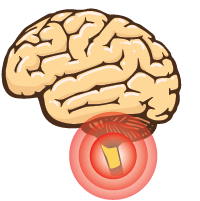
Cerebrovascular disease

Increased homocysteine levels
Alzheimer’s disease places a heavy emotional and economic burden on families and society due to the need for ongoing therapy and support,2,4 with Alzheimer’s caregivers typically taking on the majority of care. In the US alone, more than 11 million people provide unpaid care for their loved ones with AD or other forms of dementia.2 Lifetime healthcare costs associated with dementia care are staggering, with individual estimates approaching $400,000 in 2022; caregivers bear a large burden of this, with 70% of cost due to unpaid caregiving and related out-of-pocket expenses ranging from medications to food for the person with dementia.2 Many caregivers work while providing care, and have reported delaying or not participating in their own health maintenance.2 Costs associated with health care and long-term care of patients with AD or other dementias is expected to increase from $345 billion in 2023 to nearly $1 trillion in 2050 (in 2023 dollars).2
Detect Alzheimer’s understands what patients and caregivers face. We have compiled a list of patient and Alzheimer’s caregiver support networks here.
References
- Kumar A, Sidhu J, Goyal A, et al. Alzheimer Disease. StatPearls. 2022. https://www.ncbi.nlm.nih.gov/books/NBK499922/
- 2023 Alzheimer’s disease facts and figures. Alzheimers Dement. 2023;19(4):1598-1695.
- Centers for Disease Control and Prevention. (CDC). Leading Causes of Death. Last reviewed January 17, 2024. https://www.cdc.gov/nchs/fastats/leading-causes-of-death.htm
- Qiu, C, Kivipelto, M, & von Strauss, E. Epidemiology of Alzheimer’s Disease: Occurrence, Determinants, and Strategies Toward Intervention. Dialogues in Clinical Neuroscience. 2009; 11:111-128.
- Wolk, DA & Dickerson, BC. Clinical Features and Diagnosis of Alzheimer Disease. UpToDate. https://www.uptodate.com/contents/clinical-features-and-diagnosis-of-alzheimer-disease
All URLs accessed February 14, 2024.


